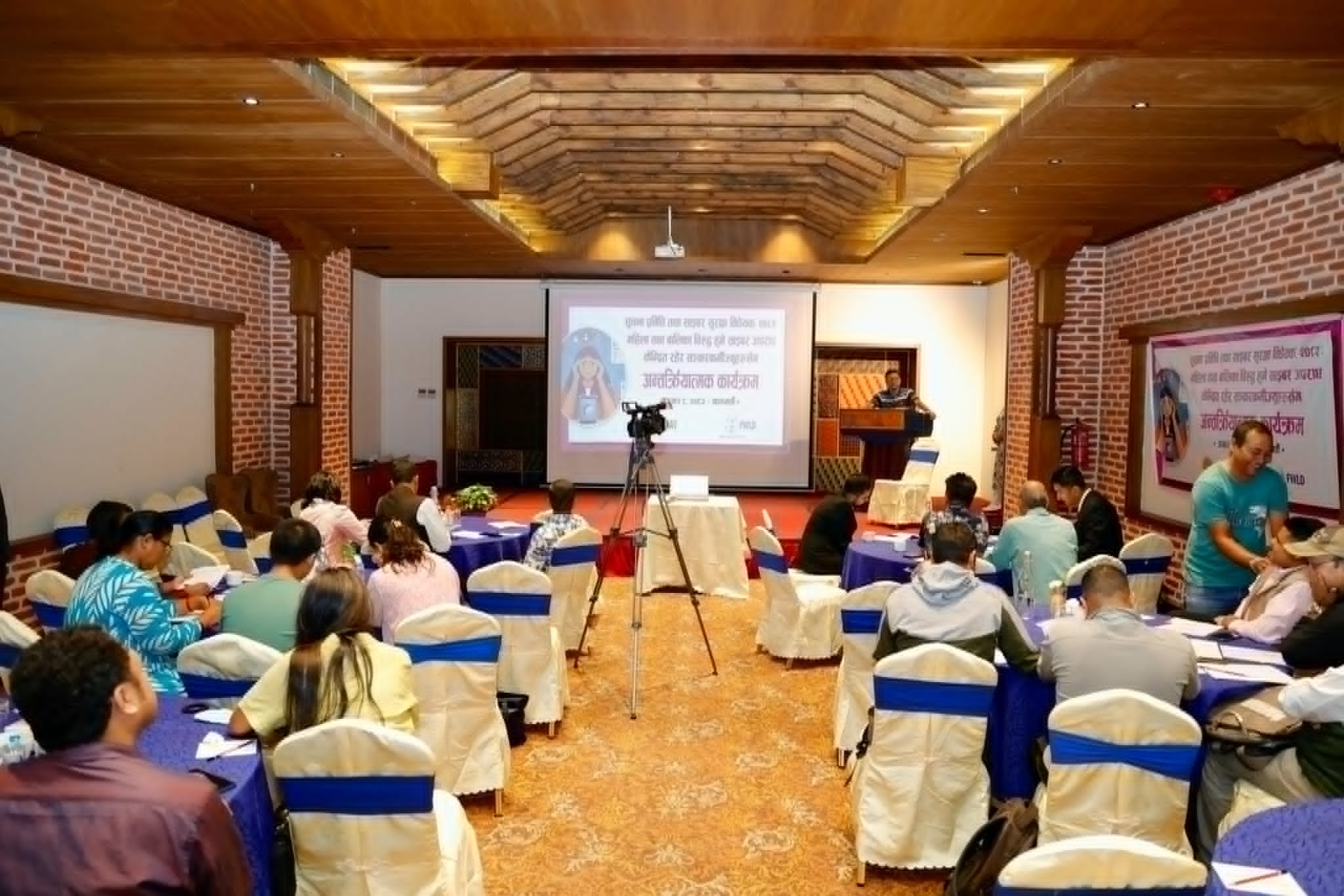

KATHMANDU: The newly introduced ‘Bill on Information Technology and Cyber Security, 2082’ has been widely criticized for being incomplete, unclear, and inadequate in addressing the growing concerns of cybercrimes, especially those affecting women and children. These issues were raised during an interaction program jointly organized by the Forum for Women, Law and Development (FWLD) and PANW with journalists.
During the program, legal experts Ashank Malla and Rashtra Vimochan Timilsina stated that while the new bill is a timely update compared to the outdated ‘Electronic Transactions Act, 2063,’ it still fails to incorporate key elements required to address today’s complex digital environment.
The law, they argued, lacks clarity, misses out on current challenges, and does not adequately reflect the evolving nature of cyber violence, particularly against women and girls.
FWLD’s Executive Director, Advocate Sabin Shrestha, explained that violence has increasingly moved to the digital space and emphasized the need for a robust cyber law. The main objective of the discussion, he said, was to evaluate how well the new bill addresses the pressing issues faced by women and children in cyberspace.
However, Shrestha also revealed a serious enforcement gap, pointing out that although cybercrime complaints have skyrocketed over the years—from 237 in 2075 B.S. to 2,300 in 2076/77, and 19,730 in 2081/82—only about 200 complaints were actually taken to court by the police. This amounts to less than one percent of total cases, indicating systemic weaknesses in investigation and prosecution.
Advocate Malla further noted that the increase in internet users has given rise to diverse forms of cybercrime, yet the proposed bill largely replicates the old Electronic Transactions Act without addressing newer threats.
Similarly, Advocate Timilsina acknowledged that the bill introduces some positive measures, including provisions aimed at protecting media freedom, privacy rights, and responsible use of AI and emerging technologies. It also recognizes the role of social media platforms in cyber regulation.